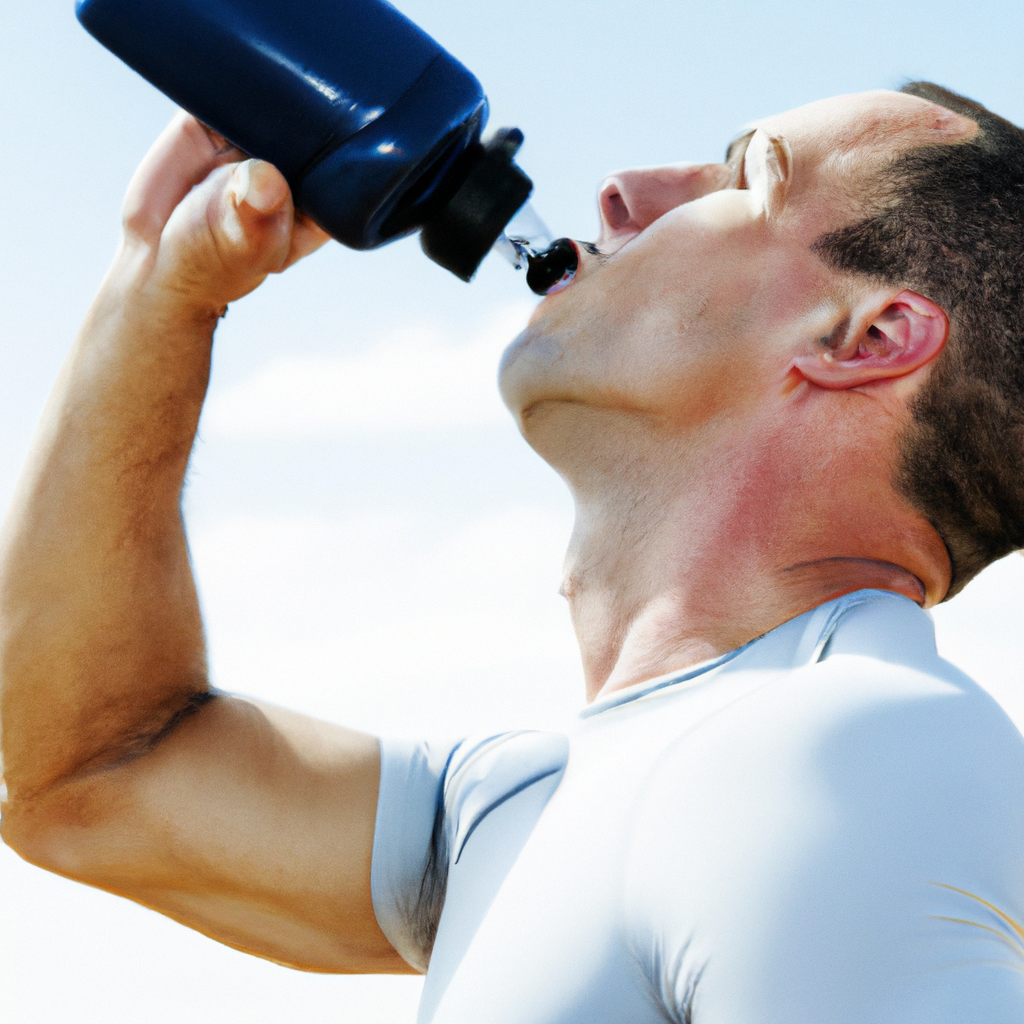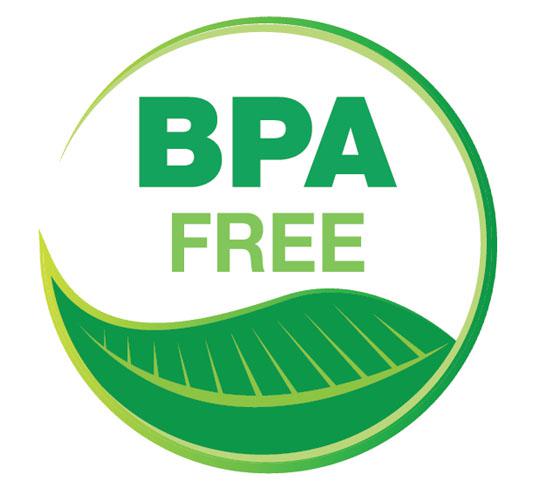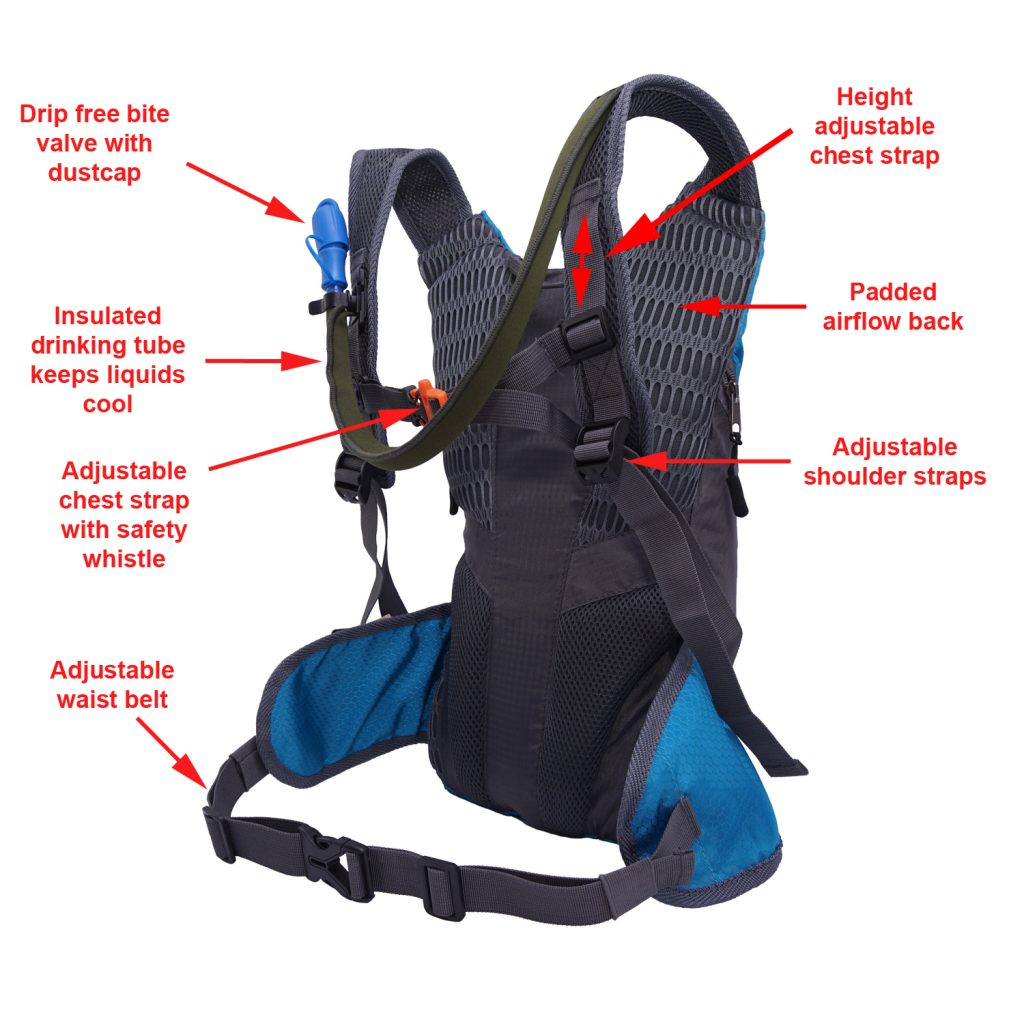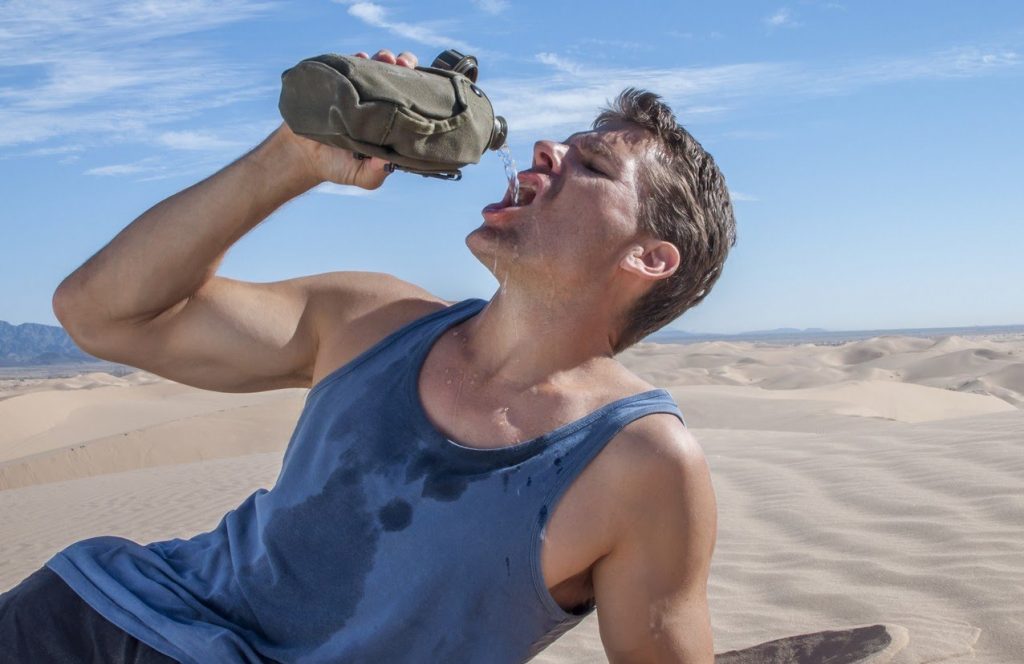Do you often feel tired and sluggish? Do you struggle to concentrate? If so, you may not be drinking enough water. Staying hydrated is essential for good health, but many people don’t drink enough water throughout the day. In this article, we’ll explore why staying hydrated is important and provide you with tips and tricks on how to stay hydrated. So, grab a glass of water, and let’s dive in!
Table of Contents – click to jump ahead:
ToggleHow To Stay Hydrated: The Basics
Staying hydrated is crucial for our bodies to function properly. Water makes up around 60% of our body weight, and every system in our body depends on it. Water helps regulate body temperature, lubricate joints, and transport nutrients and oxygen to cells. It also helps remove waste from the body through urine and sweat.
How much water should you drink?
The amount of water you need to drink each day can vary depending on your age, sex, weight, and activity level. However, a general rule of thumb is to aim for eight 8-ounce glasses of water per day, also known as the 8×8 rule. This equates to around 2 litres or half a gallon of water per day.
Signs of dehydration
It’s important to recognise the signs of dehydration, so you can take action before it becomes a serious problem. Some common signs of dehydration include:
- Thirst
- Dry mouth, lips, and eyes
- Dark yellow urine
- Fatigue
- Dizziness or lightheadedness
- Headache
- Muscle cramps
- Dry skin
If you experience any of these symptoms, it’s important to drink water immediately.
How To Stay Hydrated Throughout The Day
Staying hydrated doesn’t just mean drinking water when you feel thirsty. It’s essential to maintain a consistent intake of fluids throughout the day. Here are some tips on how to stay hydrated:
1. Start your day with water
Drinking water first thing in the morning can help kick-start your hydration levels for the day. Try keeping a glass of water by your bed at night, so it’s the first thing you see in the morning.
2. Keep water with you
Carry a water bottle with you throughout the day, whether you’re at work, running errands, or exercising. This will make it easier to stay hydrated, and you won’t have to rely on buying bottled drinks.
3. Eat hydrating foods
Many foods have high water content and can contribute to your daily fluid intake. Some examples include watermelon, cucumbers, celery, tomatoes, and berries.
4. Set reminders
If you struggle to remember to drink water throughout the day, try setting reminders on your phone or computer. This can help you establish a routine of regular hydration.
5. Flavour your water
If you find plain water boring, try adding some natural flavourings like lemon, lime, or cucumber. You can also try herbal tea or add a slice of fruit to your water bottle.
6. Avoid alcohol and caffeine
Alcohol and caffeine can both dehydrate you, so it’s important to drink water alongside these beverages. Try to limit your intake of these drinks and opt for water whenever possible.
7. Monitor your urine
Your urine colour can be a good indicator of your hydration levels. Aim for pale yellow urine, which indicates that you’re well-hydrated. If your urine is dark yellow, it’s a sign that you need to drink more water.
FAQs about How To Stay Hydrated
Q1. Can you drink too much water?
A1. Yes, it’s possible to drink too much water, which can lead to a condition called hyponatremia. This occurs when the level of sodium in your blood becomes too diluted. Symptoms of hyponatremia include nausea, headaches, seizures, and in severe cases, coma and death.
Q2. Is it better to drink cold or warm water for hydration?
A2. There is no clear consensus on whether cold or warm water is better for hydration. Some people prefer cold water because it’s more refreshing, while others find warm water easier to drink. Ultimately, the most important thing is to drink water at a temperature that you enjoy.
Q3. Can drinking water help with weight loss?
A3. Yes, drinking water can help with weight loss by increasing feelings of fullness and reducing calorie intake. Additionally, staying hydrated can help boost metabolism and aid in the digestion and absorption of food.
Q4. Are sports drinks better than water for hydration?
A4. Sports drinks can be helpful for athletes who are engaging in prolonged, intense exercise because they contain electrolytes and carbohydrates that can help replenish energy stores. However, for most people, water is the best choice for staying hydrated throughout the day.
Q5. How can I tell if I’m drinking enough water?
A5. The best way to tell if you’re drinking enough water is to monitor your urine output and color. If you’re producing pale yellow urine, you’re likely drinking enough water. If your urine is dark yellow or amber, it’s a sign that you need to drink more water.
Q6. Can dehydration cause headaches?
A6. Yes, dehydration can cause headaches, particularly in people who are prone to migraines. When you’re dehydrated, your blood volume decreases, which can lead to reduced blood flow to the brain and trigger headaches. Drinking water can help alleviate headaches caused by dehydration.
Final Words
Staying hydrated is essential for good health and wellbeing. By following the tips and tricks in this article, you can ensure that you’re getting enough water throughout the day. Remember to listen to your body and drink water whenever you feel thirsty or experience any signs of dehydration. So, grab a glass of water, and cheers to staying hydrated!
Hopefully, these tips from Sports Hydration Packs will help you keep hydrated for longer and you can safely enjoy your exercise regime.
Not sure which hydration pack, hydration belt or reusable bottle you need, then head over to our Sports Hydration Packs Buying Guides or dive straight into our Sports Hydration Packs Reviews to discover what to look for.




